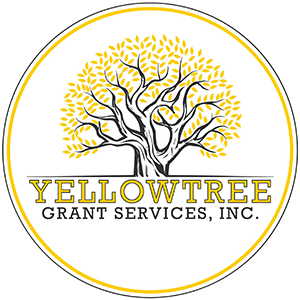The Importance of Prospect Research
Wouldn’t it be wonderful if perfect funding opportunities arrived in our inbox? Unfortunately, that's generally not the case, which emphasizes the importance of conducting prospect research and developing a funding strategy to secure money for your programs and services.
Think of prospect research as detective work. It involves digging up as much information as possible on potential funders to support your organization. This includes checking their priority interests, past donations, and “funding patterns” to understand how much they typically give to what types of organizations or programs, and where they allocate their funds. Equally important is identifying any connections between your organization and the funder through existing relationships with board members or stakeholders, as this can facilitate funding.
Conducting prospect research should be a specific activity, not something done "off the side of the desk" and is an extension of your strategic plan, where you've identified your organization’s priorities. Those priorities should be the focus of your prospect research: What are your priority programs, services, and projects? Where are your funding gaps and shortfalls? Are you planning to sustain, expand, or introduce a project, program, or service? This helps identify potential financial supporters whose philanthropic interests—or with public funds, their priorities—align with your goals. This proactive approach makes the best use of your time, energy, and resources, instead of wasting valuable time pursuing unsuitable opportunities. It also helps diversify funding sources and reduces reliance on a limited donor or funding pool, contributing to greater organizational sustainability.
Prospect research can be overwhelming! Here are a few suggestions to find opportunities:
Central Listings (e.g., professional or sector-specific associations and societies, government departments)
Funder Alerts (government departments and foundations often keep email lists)
Funder newsletters and bulletins. Subscribe!
"Google" and social media searches
Grant databases (some may require paid access, although some university and public libraries may offer free access)
Utilize board members and their networks
Consider sending unsolicited Letters of Interest to Foundations—as long as they say not to!
Create a document to track opportunities and keep yourself organized, ensuring you meet all deadlines and make notes from your research that would be helpful in the application process. Make regularly refreshing your search part of your organizational practice.
All of us at YellowTree wish you peace and joy this holiday season, and good health and much happiness in 2024.
